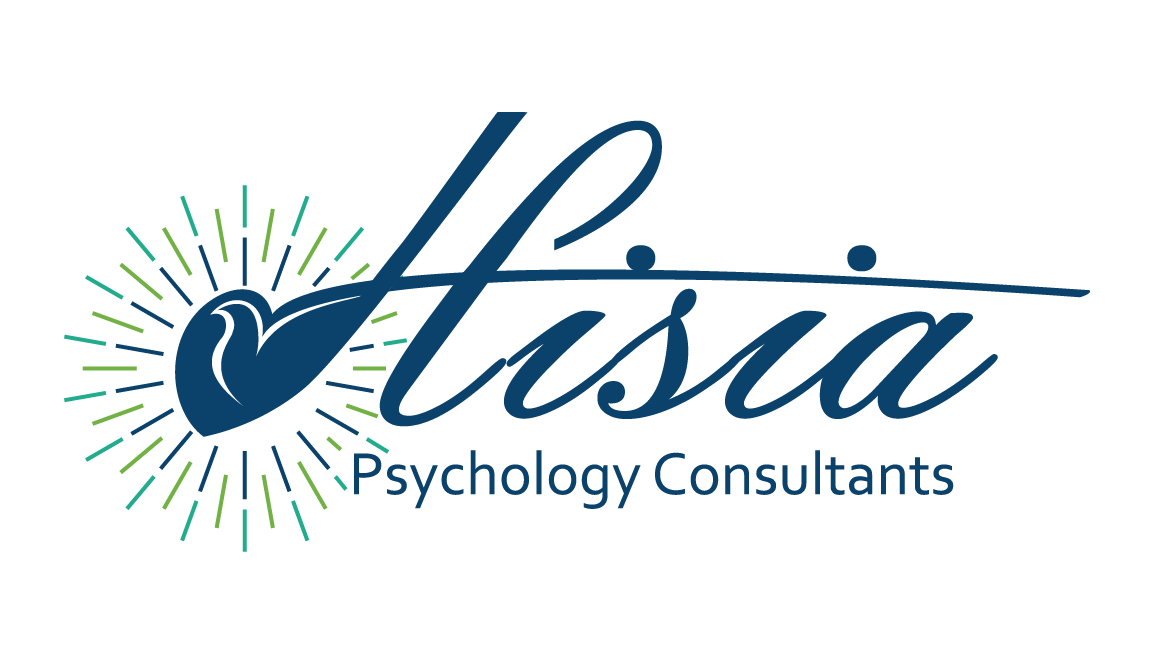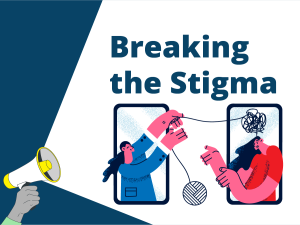The arrival of a newborn baby is often portrayed as a blissful, joyous time – a period of pure happiness and unconditional love. However, for many new mothers, this experience can be overshadowed by an array of emotional and mental health challenges, including postpartum depression (PPD). Despite its prevalence, maternal mental health issues remain a taboo topic, shrouded in stigma and misunderstanding.
In the realm of mental health and wellness, it’s crucial to shatter these stigmas and create a supportive, open environment for new mothers to prioritize their well-being without fear or judgment.
Understanding Postpartum Depression
Postpartum depression is a form of clinical depression that can occur during pregnancy or after childbirth. It is a complex condition with a range of physical, emotional, and behavioral symptoms, including persistent sadness, anxiety, fatigue, difficulty bonding with the baby, and changes in appetite and sleep patterns.
It’s crucial to recognize that postpartum depression is a legitimate mental health condition, not a personal failing or sign of weakness.
It is a complex condition with a range of physical, emotional, and behavioral symptoms, including:
- Persistent feelings of sadness, hopelessness, or emptiness
- Anxiety, irritability, or mood swings
- Excessive fatigue or lack of energy
- Difficulty bonding with the baby
- Changes in appetite and sleep patterns
- Intrusive thoughts or feelings of guilt and worthlessness
While the exact causes of PPD are not fully understood, it is believed to be a combination of hormonal changes, psychological adjustments, and environmental factors. It is crucial to recognize that PPD is not a personal failing or a sign of weakness; it is a legitimate medical condition that requires professional intervention and support.
Breaking the Taboo
Despite its prevalence, postpartum depression often goes unrecognized and untreated due to the societal stigma surrounding maternal mental health. The expectation for new mothers to be constantly overjoyed and entirely devoted to their newborns can create a sense of shame or guilt for those struggling with PPD.
However, by shattering this stigma and normalizing open conversations about maternal mental health, we can create a supportive and understanding environment for new mothers to prioritize their well-being without shame or judgment.
Encouraging Support and Early Intervention
Early intervention and support are crucial in managing postpartum depression and promoting overall maternal mental health. By raising awareness and providing accessible resources, we can empower new mothers to recognize the signs of PPD and seek professional help without fear or hesitation.
Healthcare professionals, family members, and support networks play a vital role in identifying and supporting mothers experiencing PPD. Regular screenings, open communication, and access to mental health services can make a significant difference in the lives of new mothers.
Moreover, it is essential to address the societal pressures and expectations placed on new mothers. By challenging unrealistic standards and promoting self-care, we can create a more supportive environment for maternal mental health.
Breaking the silence on postpartum depression and maternal mental health issues is not only crucial for the well-being of new mothers but also for the healthy development of their children and families. By shattering stigmas, normalizing discussions, and encouraging early intervention, we can empower new mothers to prioritize their mental health and seek the support they need to thrive during this incredible journey.









